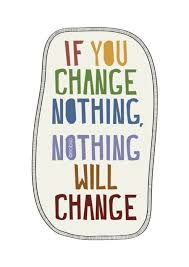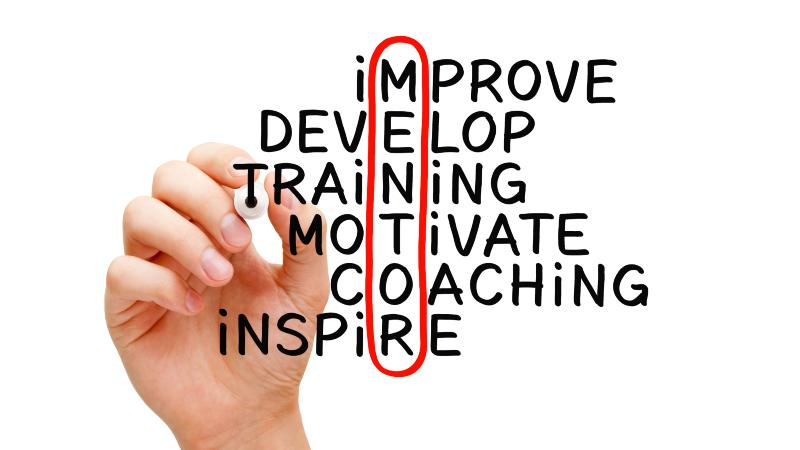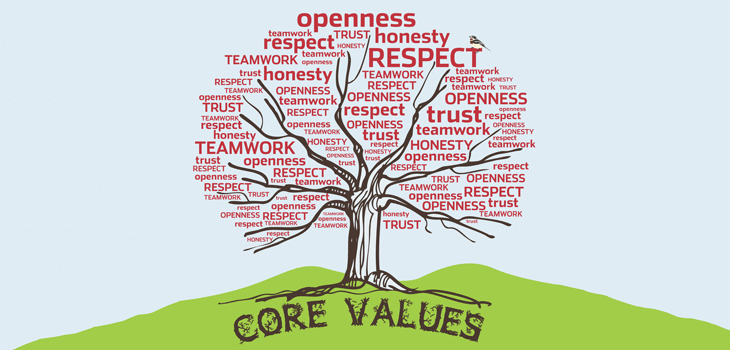As I’m putting together a talk on improving equity in academia, I am struck again and again by how antiquated our definition of “success” is.
This definition heavily influences tenure & promotion decisions. We need to reinvent what "success" looks like in academia.
A on why:
on why:
This definition heavily influences tenure & promotion decisions. We need to reinvent what "success" looks like in academia.
A
 on why:
on why:
Currently, the heavy emphasis in tenure & promotion at R1 universities is grants and papers. These are the currency for which academia is based on.
This is a problem because publications with women as first- or senior-authors are perceived to be of lesser quality, they have lower citation rates, and comprise only 31% of PIs of NIH major federal grants.
https://www.liebertpub.com/doi/full/10.1089/jwh.2019.8027
https://www.liebertpub.com/doi/full/10.1089/jwh.2019.8027
The effects of these disparities on "academic currency" of grants and papers will only become magnified during and after the COVID19 pandemic, where we see women and people with young children struggling to meet these “success” productivity metrics.
https://www.liebertpub.com/doi/full/10.1089/jwh.2020.8710
https://www.liebertpub.com/doi/full/10.1089/jwh.2020.8710
This also doesn't account for the fact that service allocations are up to 1.5x for women, and national survey data from >140 institutions found that women spend 31.2 more hours per year in service (controlling for rank, race, discipline) than men. https://link.springer.com/article/10.1007/s11162-017-9454-2
Individuals from historically underrepresented groups— women, people from racial/ethnic minority populations, persons with disabilities—also receive more requests to provide service than their counterparts from majority groups. https://www.ncbi.nlm.nih.gov/pmc/articles/PMC6626695/
On top of that, women get rated lower in teaching evaluations, even for doing the same exact job as a male: https://news.ufl.edu/2020/11/ta-bias/
This is having a significant impact on women, who despite constituting half of PhDs since 2006, are less likely to achieve tenure than men and constitute only one-third of full professors.
https://www.acenet.edu/Documents/Higher-Ed-Spotlight-Pipelines-Pathways-and-Institutional-Leadership-Status-of-Women.pdf
https://www.acenet.edu/Documents/Higher-Ed-Spotlight-Pipelines-Pathways-and-Institutional-Leadership-Status-of-Women.pdf
This is even more dire for women of color, with Black and Hispanic women comprising <5% of tenured faculty in the United States.
Every institution is talking about diversity, equity, & inclusion. But most are not addressing the systematic issues that maintain gender & racial/ethnic disparities in academia. All this to say, shit needs to change. One place to start, is by redefining what success looks like.
No one goes into academia to become rich. So why have we made this all a numbers game?
We are here because we want to make a difference.
We are here because we want to make a difference.
Redefining academic success should include measures of IMPACT, not just quantity of dollars brought in or number of papers published.
Other things that could be included to define success:
Other things that could be included to define success:
Mentoring: Training students creates the next generation of scientists, health care providers, educators, & innovators. Yet, mentoring is often an afterthought & is not evaluated in promotion & tenure. If you don’t incentivize it, its unlikely to be a priority for many.
Science communication: COVID19 has reinforced the importance of science communication. Engaging with the public takes time, resources, effort, and training. We should be rewarding faculty who make this a priority.
Activities that actually move science forward and translate it into practice or policy: This can include task forces, community-based implementation, dissemination efforts, work in professional societies, and advocacy work.
Importantly, as we wait for academia to catch up to a more impact-driven definition of success, as individuals we need to define for ourselves what success looks like.
For me, that means looking to my value system as my compass for making my choices.
For me, that means looking to my value system as my compass for making my choices.
I value my job & work deeply. But at the end of the day, what do I want for people to say about me when I die? I want them to talk about what kind of mother, wife, daughter, sister, friend, & community member I was. The impact my work had. I let these values guide my daily life.
I would love to hear your thoughts below on other things we should be including when redefining what success looks like in academia.
#AcademicTwitter #AcademicChatter #WomenInSTEMM #womeninacademia #WomeninSTEM #equity #LatinasInSTEMM
#AcademicTwitter #AcademicChatter #WomenInSTEMM #womeninacademia #WomeninSTEM #equity #LatinasInSTEMM

 Read on Twitter
Read on Twitter












